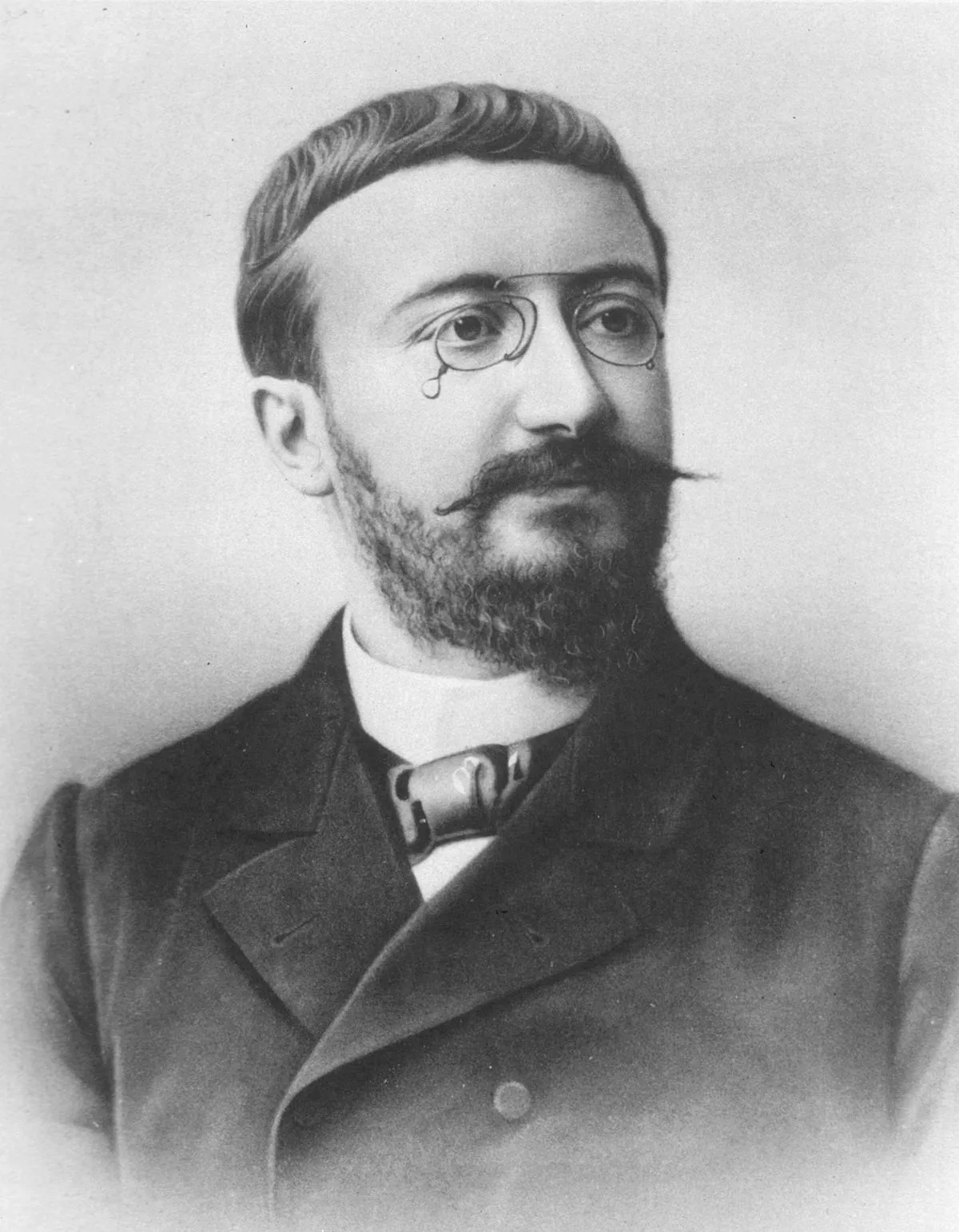 1.
1. In 1904, Binet took part in a commission set up by the French Ministry of Education to decide whether school children with learning difficulties should be sent to a special boarding school attached to a lunatic asylum, as advocated by the French psychiatrist and politician Desire-Magloire Bourneville, or whether they should be educated in classes attached to regular schools as advocated by the Societe libre pour l'etude psychologique de l'enfant of which Binet was a member.